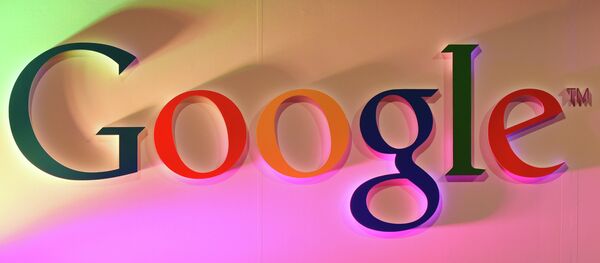Ever since Edward Snowden revealed the extent of the NSA’s domestic surveillance in 2013, privacy advocates have been outraged. Yet despite these calls for digital privacy, global leaders continue to insist that online spying is a necessary tool of national security.
"The prime minister’s main objective here is to get the US companies to cooperate with us more, to make sure that our intelligence agencies get the information they need to keep us safe," a British government source told the Guardian prior to a meeting between David Cameron and President Obama.
Both leaders agreed to seek voluntary “backdoor” encryption access from US-based tech giants. But instead of being bullied by Washington or London, social media behemoth Facebook announced on Monday that it will let users add encryption keys to their profiles.
This means that users will now be able to communicate privately through "public" and "private" keys. By posting the unique public key to a user’s profile, others will be able to send private messages which can only be decoded by the intended recipient.
Facebook’s announcement may be able to explain it better:
"Today we are gradually rolling out an experimental new feature that enables people to add OpenPGP public keys to their profile; these keys can be used to 'end-to-end' encrypt notification emails sent from Facebook to your preferred email accounts. People may also choose to share OpenPGP keys from their profile, with or without enabling encrypted notifications."
PGP stands for pretty good privacy, and while that may not sound all that impressive, the Snowden documents revealed it to be the encryption method the NSA has been consistently unable to crack.
"It is very important to us that the people who use Facebook feel safe and can trust that their connection to Facebook is secure," the company said.
The social media site will also give users the option of enabling email encryption. Even if someone hacked into such an account, they would only see gibberish.
Earlier this year, Prime Minister Cameron hinted at possibly banning government-proof encryption, and President Obama has certainly stressed his belief that the US should have backdoor access when necessary, but Facebook’s announcement is sure to annoy law enforcement agencies as well.
Defending the NSA’s domestic surveillance practices, Director of National Intelligence James Clapper said that "the men and women at the National Security Agency and across the intelligence community are abiding by the law, respecting the rights of citizens and doing everything they can to help keep our nations safe," adding that they must "use every intelligence tool available to understand the intent of our foreign adversaries."
The FBI has also issued strong rebukes of total encryption.
"The notion that electronic devices and communications could never be unlocked or encrypted…is troubling," executive assistant director of the FBI, Amy Hess, wrote in an op-ed for the Wall Street Journal earlier this year.
Facebook isn’t the only one taking proactive steps to ensure privacy. Google also launched a new security tool on Monday, known as My Account.
"My account gives you quick access to the settings and tools that help you safeguard your data, protect your privacy, and decide what information is used to make Google services work better for you," reads a post on the company’s official blog.





